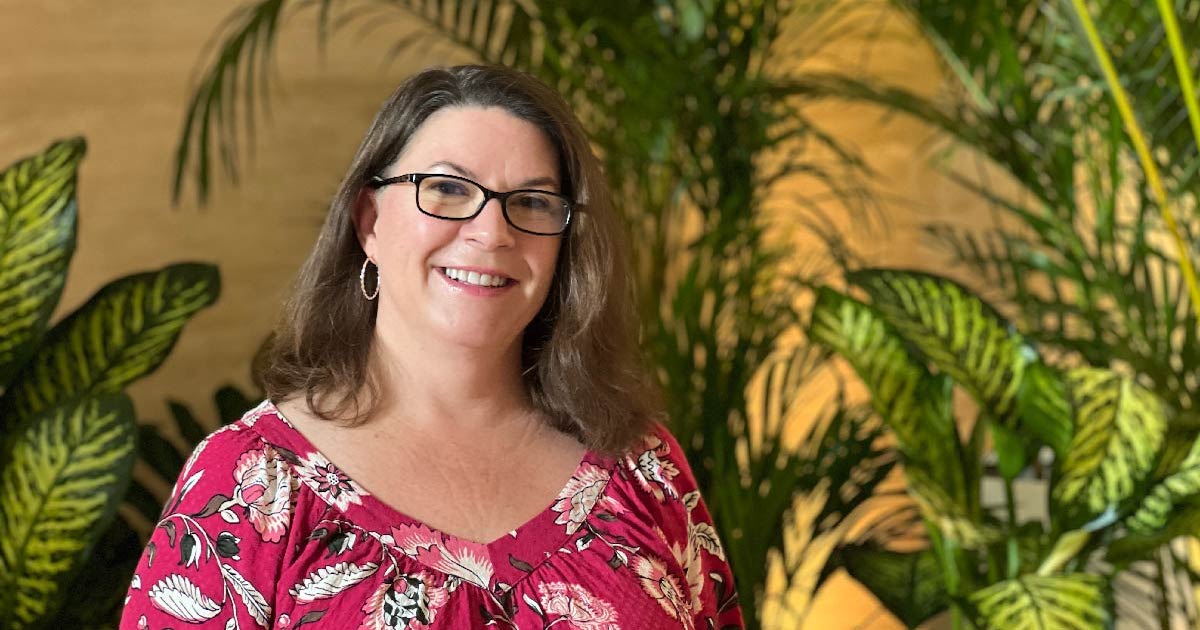Amanda Elam: Examining the Gender Gap in Business

Amanda Elam, a research fellow at the Diana International Research Institute (DIRI) at Babson College for the past seven years, is interested in the ways in which women business owners have shattered gender stereotypes in recent decades yet are still dogged by them.
A sociologist by training, she also conducts research on gender and entrepreneurship for DIRI at the Center for Women’s Entrepreneurial Leadership (CWEL), including reports for the Global Entrepreneurship Monitor (GEM). Her work has been published in academic business and management journals, global reports, edited volumes, and one book: Gender and Entrepreneurship: A Multilevel Theory and Analysis.
Elam also is the co-founder and CEO of Galaxy Diagnostics, an early-stage medical diagnostics company in North Carolina. She earned her doctorate in sociology from the University of North Carolina at Chapel Hill.
The Q&A
Your research has found that women represent one in three business owners globally, yet they still face hurdles such as stereotypes and trouble obtaining funding. How can this be remedied?
“Women comprise a significant proportion of entrepreneurs, but the media is still fixated on the topline numbers, which show that, on average, women trail men in participation and business performance. However, this is largely because of market and industry factors, not gender. For example, women are less likely to start businesses in industries where private investors are highly active (such as tech). To advance gender equity, we need to focus policy on structural patterns in occupations and business ownership and continue to make strategic investments in programming, like STEM and Girls Who Code. If we drive more women to launch businesses in male-dominated sectors, then we need to find better ways to support them. Negative stereotypes are most often triggered in male-dominated settings where the participation of women may be construed as a threat.”
You authored the recent GEM report “COVID-19 Impacts on Women Entrepreneurs in Emerging Economies: Insights and Indicators.” How has the pandemic affected women business owners in the developing world?
“Women entrepreneurs in emerging economies include some of the youngest, poorest, and least educated entrepreneurs in the world. Consequently, they have experienced some of the worst impacts from COVID-19 market disruptions. However, these women are driving economic growth and social development in their regions at much higher rates of entrepreneurial activity compared to women in more advanced economies. About a quarter of women in low-income countries are starting their own ventures compared to about 8% on average in high-income countries, and they have double the rate of startup intentions. In my view, these women should not be underestimated and deserve extra support to overcome the unique barriers that women in these contexts face in business.”
What advice would you give to a woman who wants to be an entrepreneur?
“I want young female entrepreneurs to know that women are already succeeding in business in big ways, and no one should let bias and discrimination hold them back from their dreams. Bias and discrimination will happen, but you will get past it if you are persistent, creative, and focus on finding your market and building a great business.”
You co-own a medical diagnostics company and have written about barriers to market innovation in the life sciences field. What are some of these barriers?
“Babson students may understand the problem from the perspective of business model design and market access. It takes a big market to justify a big investment, and a big investment is needed to demonstrate the clinical proof required for FDA approval and to fund the capacity to scale production or service delivery. But all new medical discoveries are rare until proven otherwise, and many will never grow to the extent required to justify a large investment for scale or, frankly, in clinical evidence. So, it is very difficult to start and grow a small life science company. The business models are expensive, the market sees health care as an entitlement, and regulatory policy, including pricing policies, are built for the big-box chain model of scale. Most life sciences startups spend 10 to 20 years in this small business state before overcoming market barriers enough to effectively commercialize and scale. Crazy, right?”
Two More for Amanda Elam
What does Babson mean to you?
“I used the GEM data for my dissertation, which is how I came to Babson, and I had the honor of working with Dr. Candy Brush as the outside member on my doctoral committee and then as a postdoctoral supervisor during my visiting year at Babson. I was fortunate to be invited back to work on sponsored research projects. Building on the early impact of the Diana Project, I worked with Babson colleagues to establish the Diana International Research Institute at Babson and to engage in some incredibly innovative and exciting research on women’s entrepreneurship. I can’t wait to see what comes next!”
Right now, what are you …
- Watching? “I just finished the short series on PBS, ‘Around the World in 80 Days,’ which was fun.”
- Reading? “I’m a bit of a geek when it comes to reading. Right now, I am working my way through The Emperor of All Maladies by Siddhartha Mukherjee, a brilliant book about the history of cancer discovery, and Why Nations Fail by Daron Acemoglu and James Robinson, a new institutional economics perspective on the factors that best explain differences in social and economic development between countries.”
- Listening to? “When I listen to podcasts, they tend to be true crime or history focused. Truth is so often stranger than fiction.”
- Doing in your free time? “I love the outdoors, so I spend a good amount of my down time communing with nature, including hiking and paddling.”



